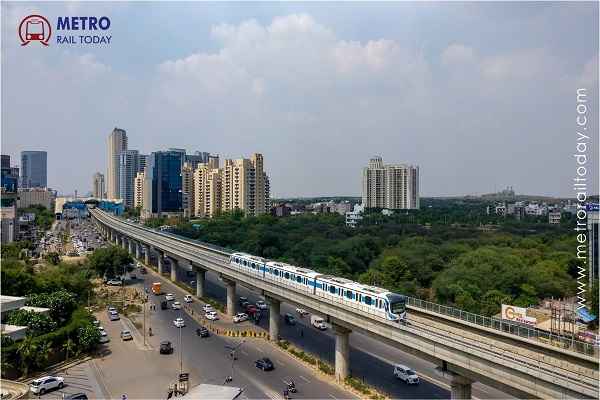 Dilip Buildcon begins construction for Gurugram Metro Expansion Project
Dilip Buildcon begins construction for Gurugram Metro Expansion Project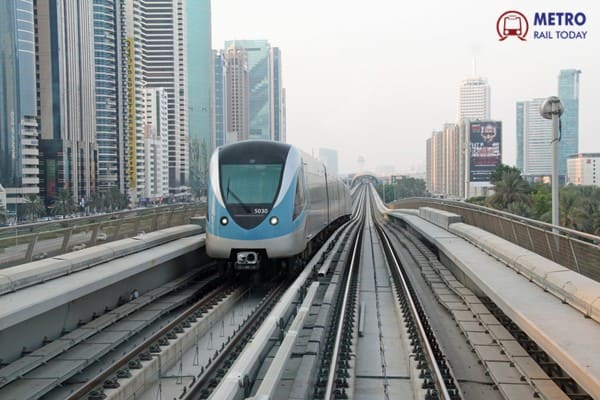 Dubai Metro Blue Line reaches 10% completion in just Five Months, Set to hit 30% by late 2026
Dubai Metro Blue Line reaches 10% completion in just Five Months, Set to hit 30% by late 2026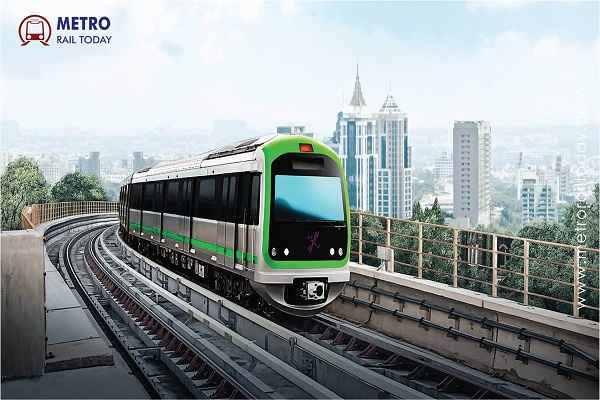 BMRCL turns to Delhi Metro for Integrated Data Management System to strengthen O&M efficiency
BMRCL turns to Delhi Metro for Integrated Data Management System to strengthen O&M efficiency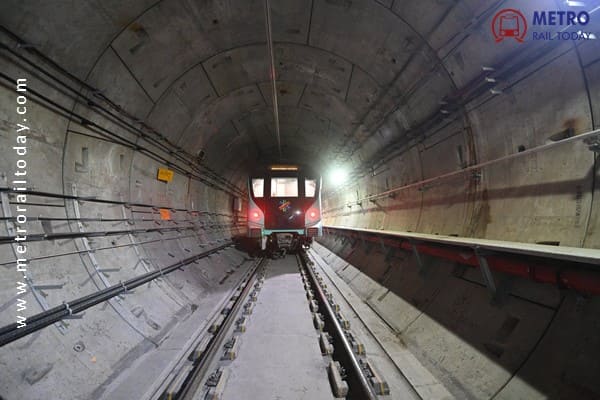 Bids invited for major underground package of Delhi Metro Phase 4’s Inderlok–Indraprastha corridor
Bids invited for major underground package of Delhi Metro Phase 4’s Inderlok–Indraprastha corridor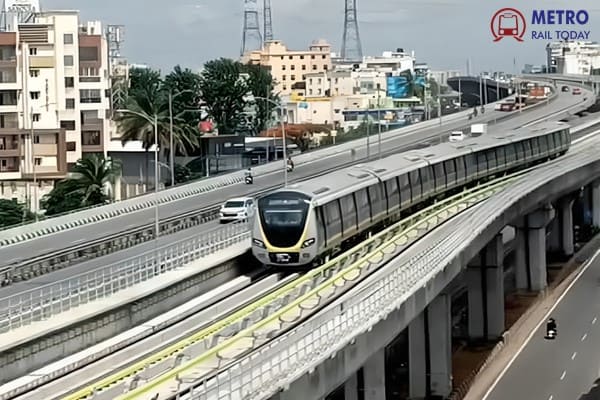 New DPR warns Bengaluru’s Phase-3 Double-Decker Metro Corridor may not ease traffic woes
New DPR warns Bengaluru’s Phase-3 Double-Decker Metro Corridor may not ease traffic woes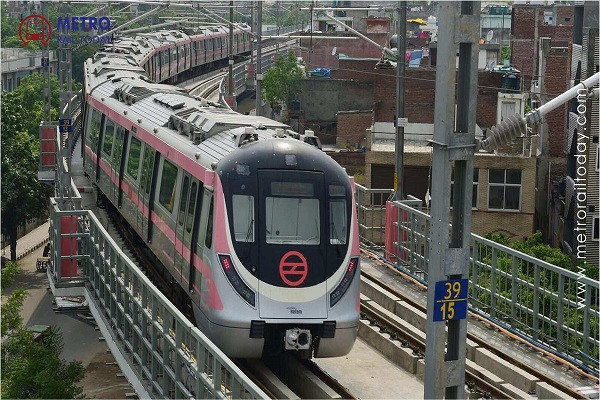 Delhi Metro launches 10-Year Corporate Plan exercise to shape Mobility Vision for 2037
Delhi Metro launches 10-Year Corporate Plan exercise to shape Mobility Vision for 2037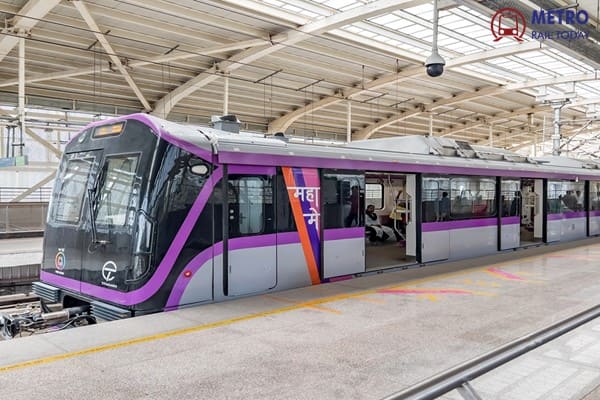 Govt of India approves ₹9,857.85 crore Pune Metro Phase 2 Extension Project
Govt of India approves ₹9,857.85 crore Pune Metro Phase 2 Extension Project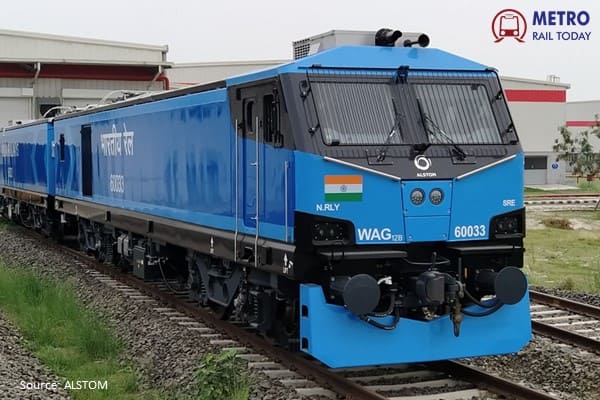 Alstom marks 10 years of MELPL JV with Indian Railways in delivering most powerful E-Locomotives
Alstom marks 10 years of MELPL JV with Indian Railways in delivering most powerful E-Locomotives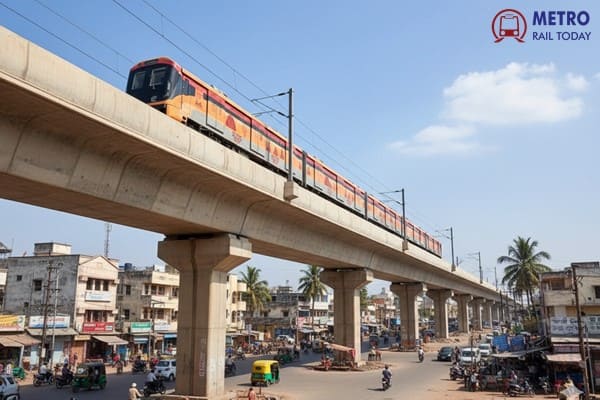 Patna Metro to extend operations on 6.5 km ISBT - Malahi Pakadi stretch by January 2026
Patna Metro to extend operations on 6.5 km ISBT - Malahi Pakadi stretch by January 2026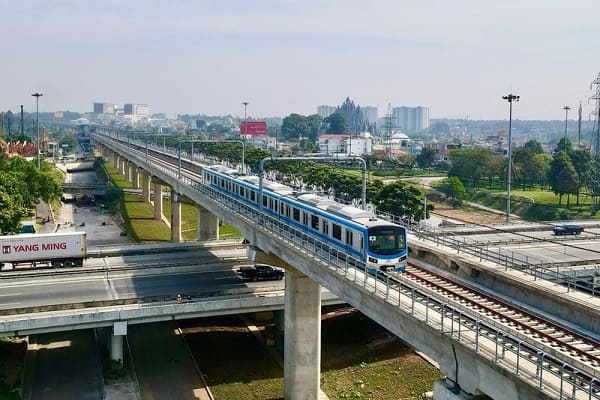 Vietnam opens US$40-Billion Investment Opportunity for Ho Chi Minh City Metro Expansion Project
Vietnam opens US$40-Billion Investment Opportunity for Ho Chi Minh City Metro Expansion Project
Dilip Buildcon begins construction for Gurugram Metro Expansion Project

Gurugram, India (Metro Rail Today): Construction of the Gurugram Metro’s Phase 1 corridor is gathering momentum as ground teams intensify piling and civil works along the 15.22 km alignment. Officials have confirmed that the tender for Phase 2 of the project is now in its final stages and is expected to be floated by the end of next month, marking another major milestone in the city’s long-awaited metro expansion.
A senior official from Dilip Buildcon, the contractor executing a significant portion of Phase 1 works, said piling operations are progressing steadily despite challenging site conditions. Each pile—designed to support the elevated corridor—will be 28 metres deep and one metre in diameter. “Four piles will be constructed after every 28 metres to support the pillar on which the track will be constructed. We have taken all measures to ensure safety and security of workers. It is a challenge to work on such a site, but we will work round-the-clock to ensure deadlines are met,” he said.
A Corridor Designed to Transform Gurugram’s Connectivity
Phase 1 of the Gurugram Metro includes the construction of a viaduct spanning 15.22 km, 15 elevated stations, a 1.85 km spur to the Dwarka Expressway, and a ramp leading to the proposed depot in Sector 33. Once operational, the corridor will dramatically improve east–west connectivity while offering seamless interchange with the existing Delhi Metro network.
The 15 stations under Phase 1 include Millennium City Centre — which will connect directly to the current DMRC station through an interchange — followed by Sector 45, Cyber Park (Sector 46), Sector 47, Subhash Chowk, Sector 48, Sector 33, Hero Honda Chowk, Udyog Vihar Phase 6, Sector 10, Sector 37, Basai, Sector 9, and Sector 101. These nodes have been strategically selected to serve Gurugram’s busiest commercial clusters, residential hubs, and mobility corridors.
With piling and civil works gaining pace, the project is expected to bring much-needed relief to commuters who currently depend heavily on road transport. The high-density catchment areas along the corridor promise robust ridership and enhanced last-mile integration.
Commenting on the ongoing progress, Mrs. Mamta Shah, MD & CEO of Urban Infra Group, said the metro will play a pivotal role in reshaping urban mobility in Gurugram. “The accelerated pace of Phase 1 construction and the preparation for Phase 2 show the region’s commitment to modern transit solutions. Gurugram’s expanding metro network will not only ease congestion but also drive economic growth, improve liveability, and support sustainable urban development.”
Looking Ahead: Phase 2 on the Horizon
With Phase 1 works in full swing, the focus is now shifting to Phase 2, where detailed project planning and tender documentation are nearing completion. Officials expect the tender to be floated by the end of next month, paving the way for further expansion of Gurugram’s metro infrastructure.
As the city continues to evolve into a key economic powerhouse, the metro network is emerging as the backbone of its mobility landscape—connecting people, reducing traffic load, and enhancing regional integration with Delhi-NCR. The next few months are likely to bring crucial updates as Gurugram moves rapidly toward building a modern, future-ready transit system.




